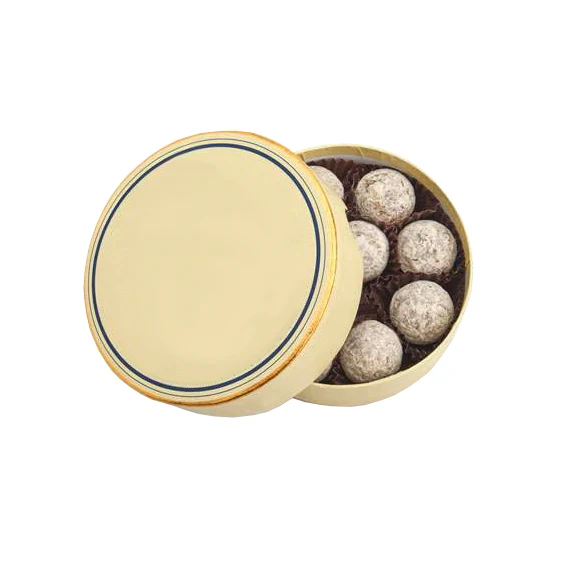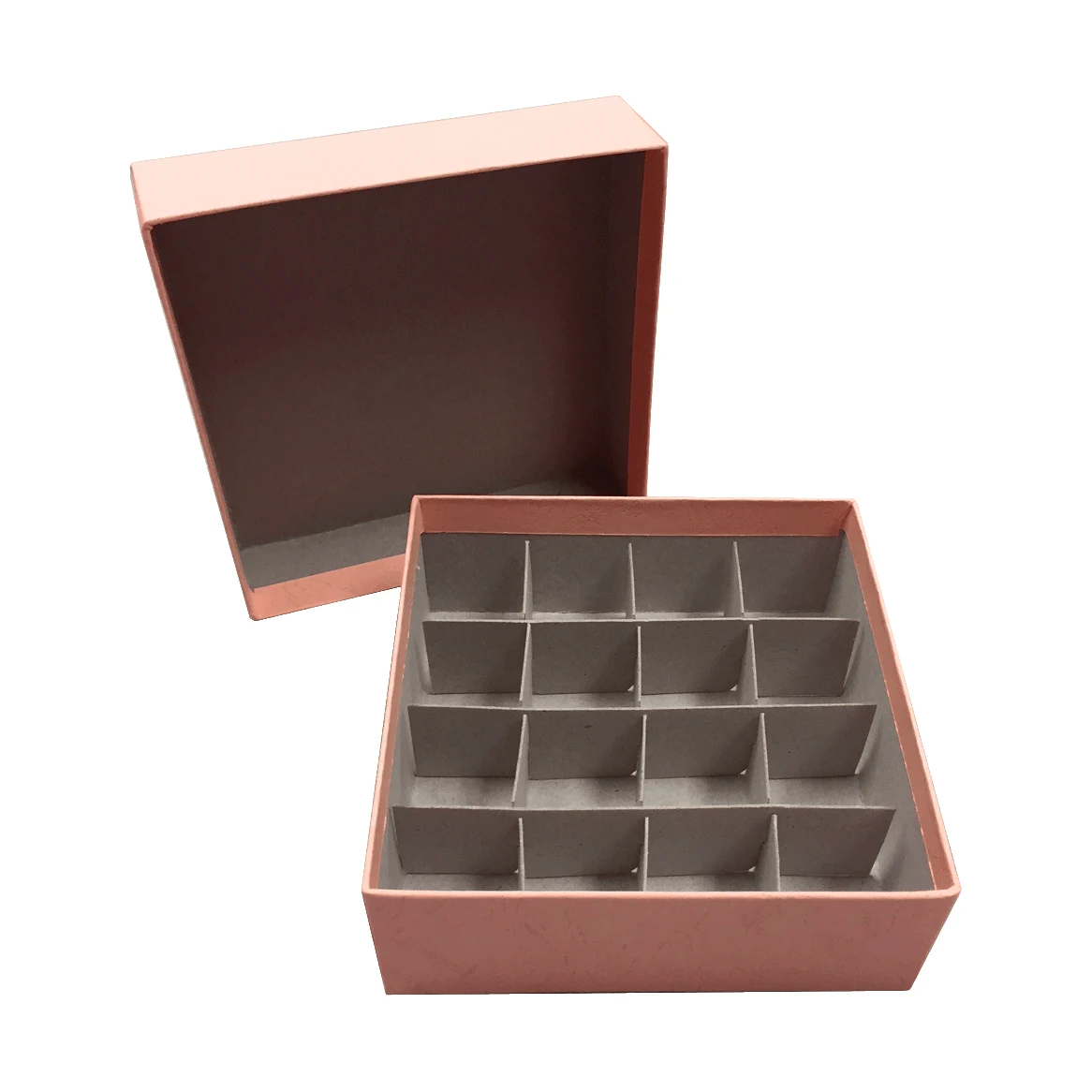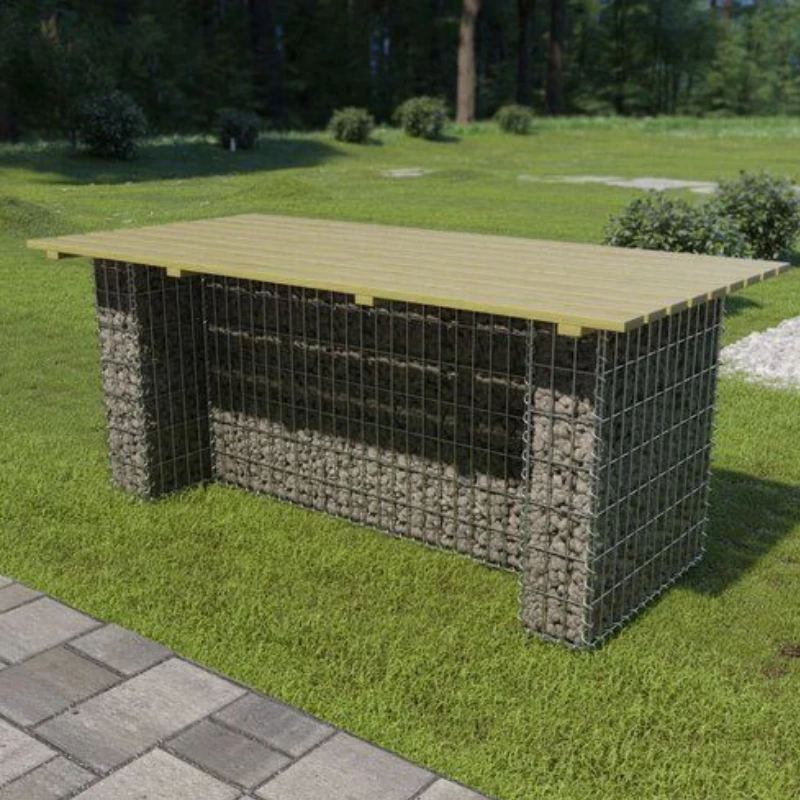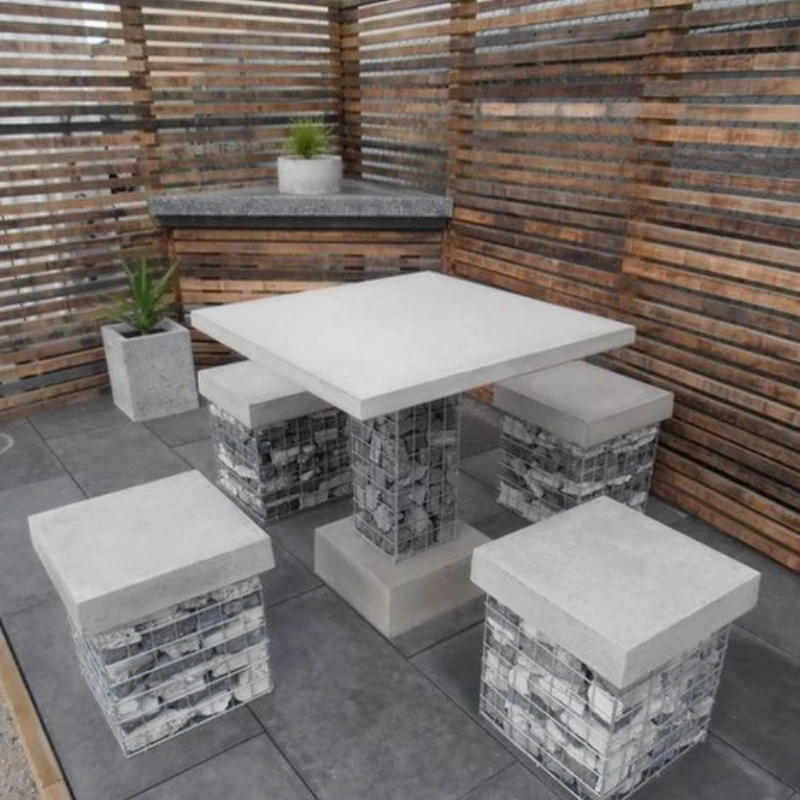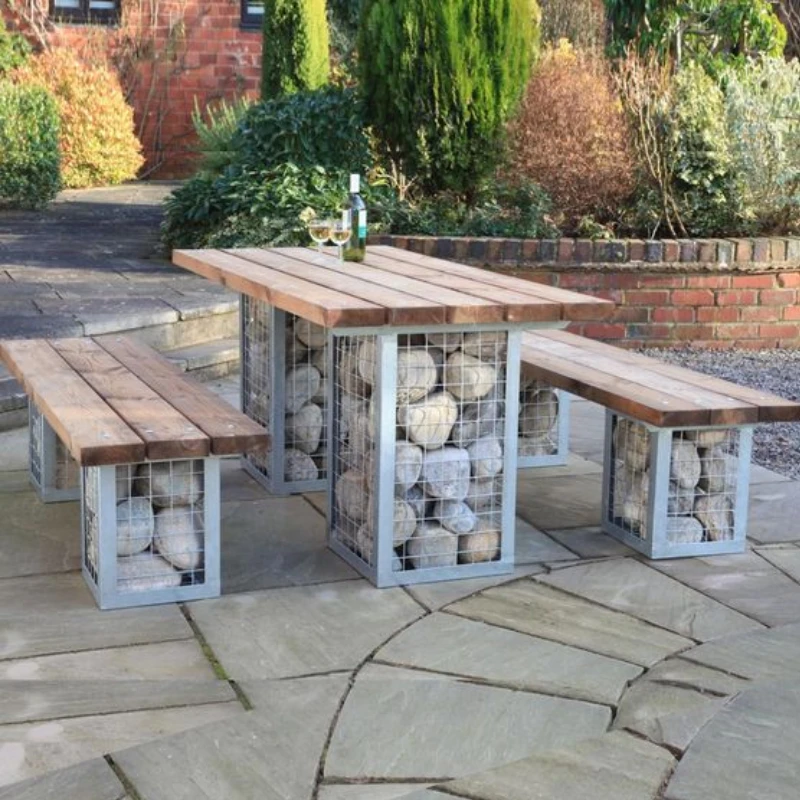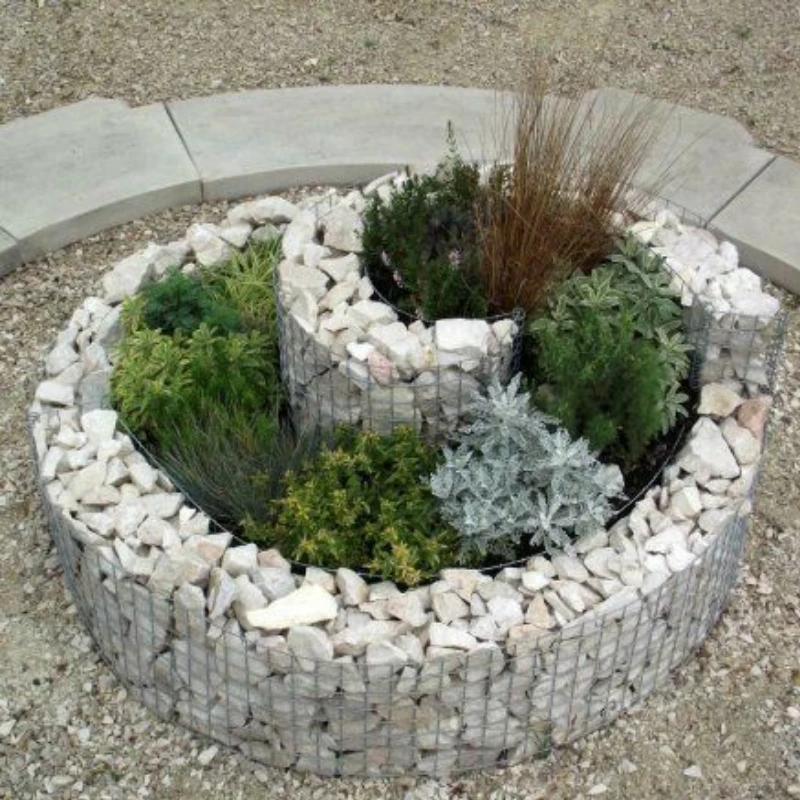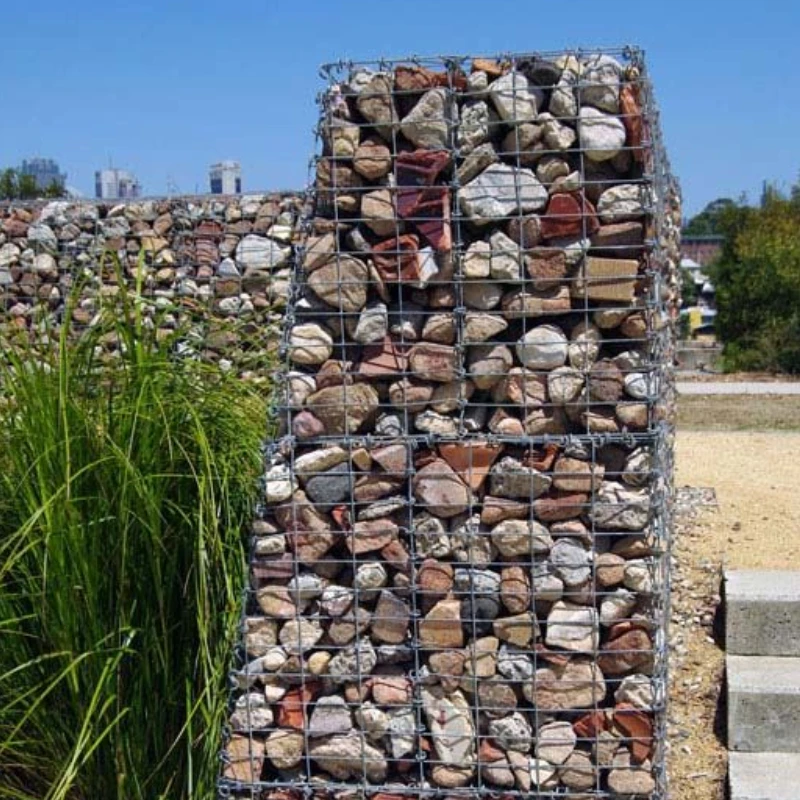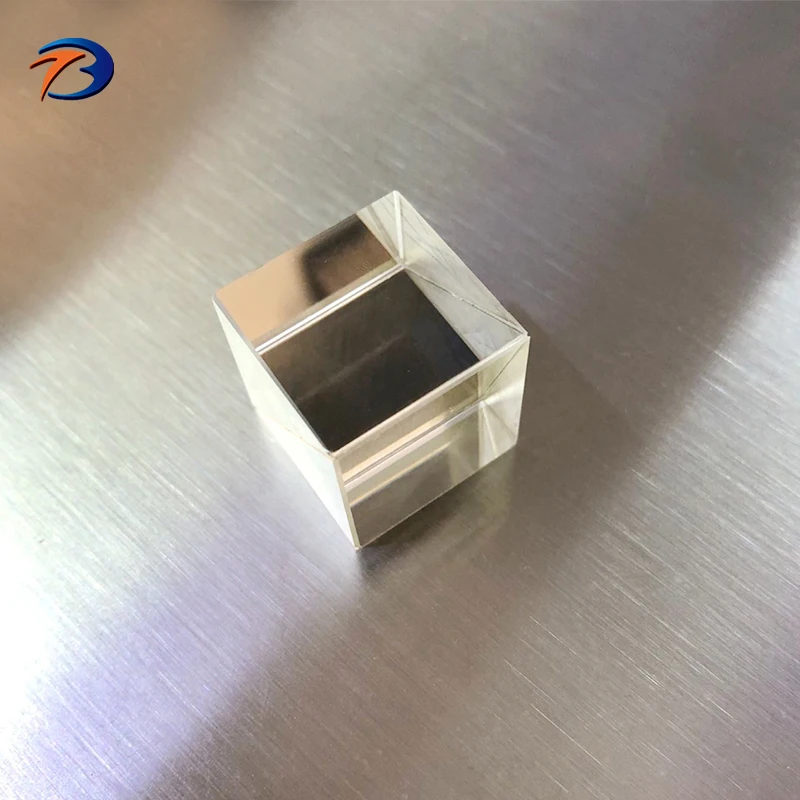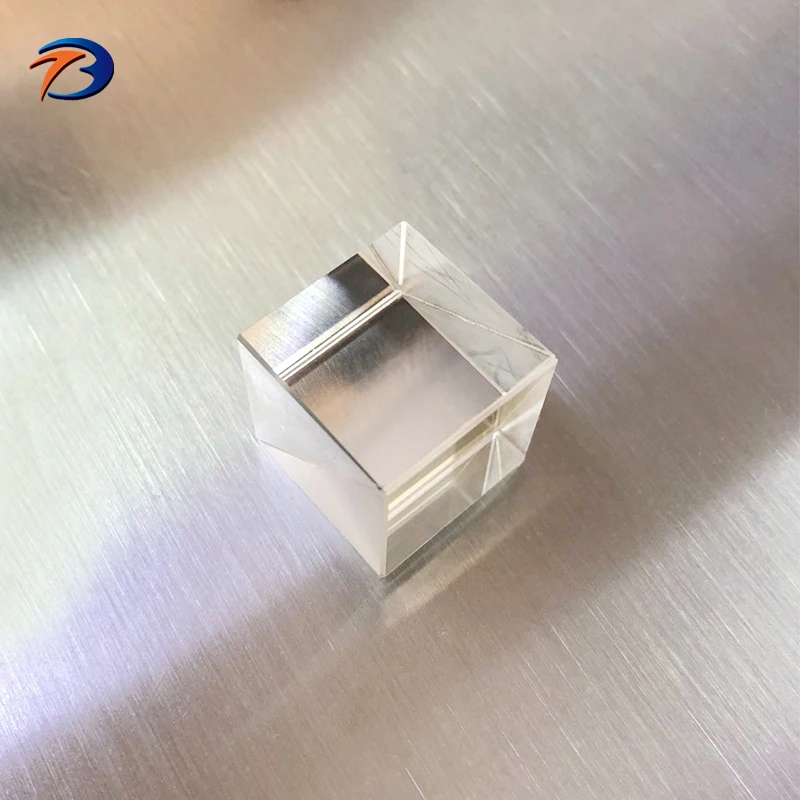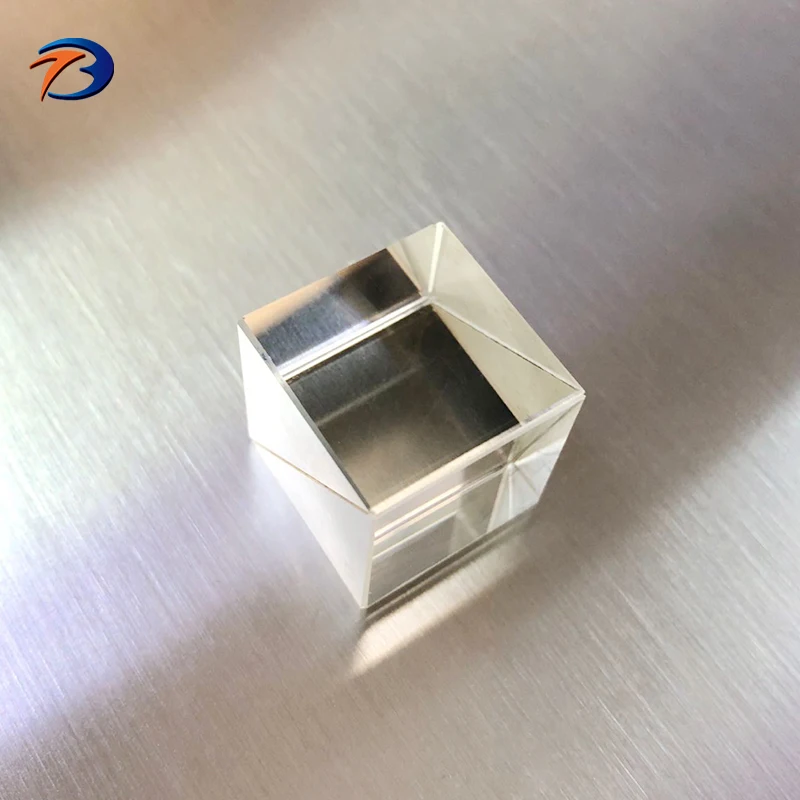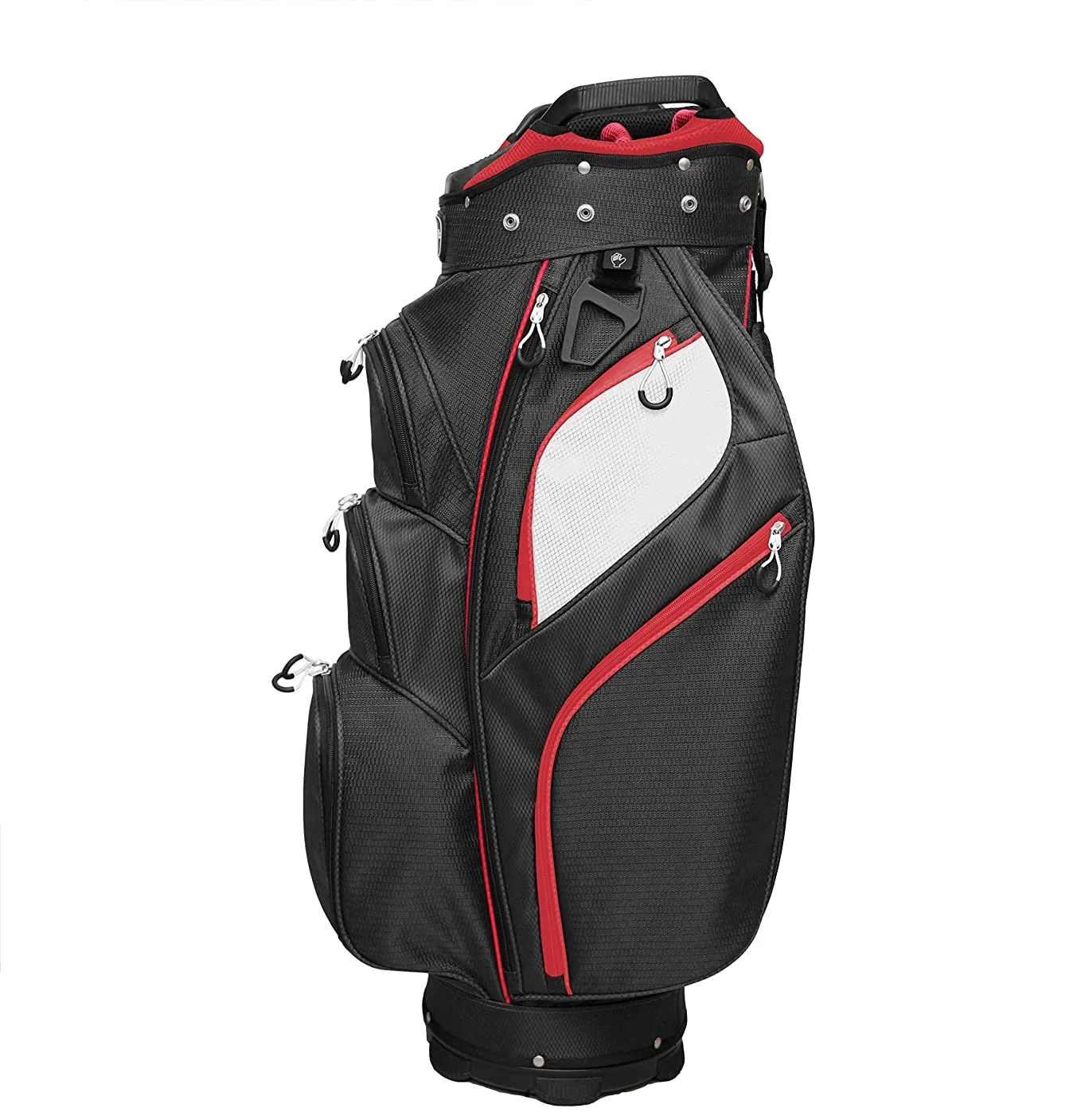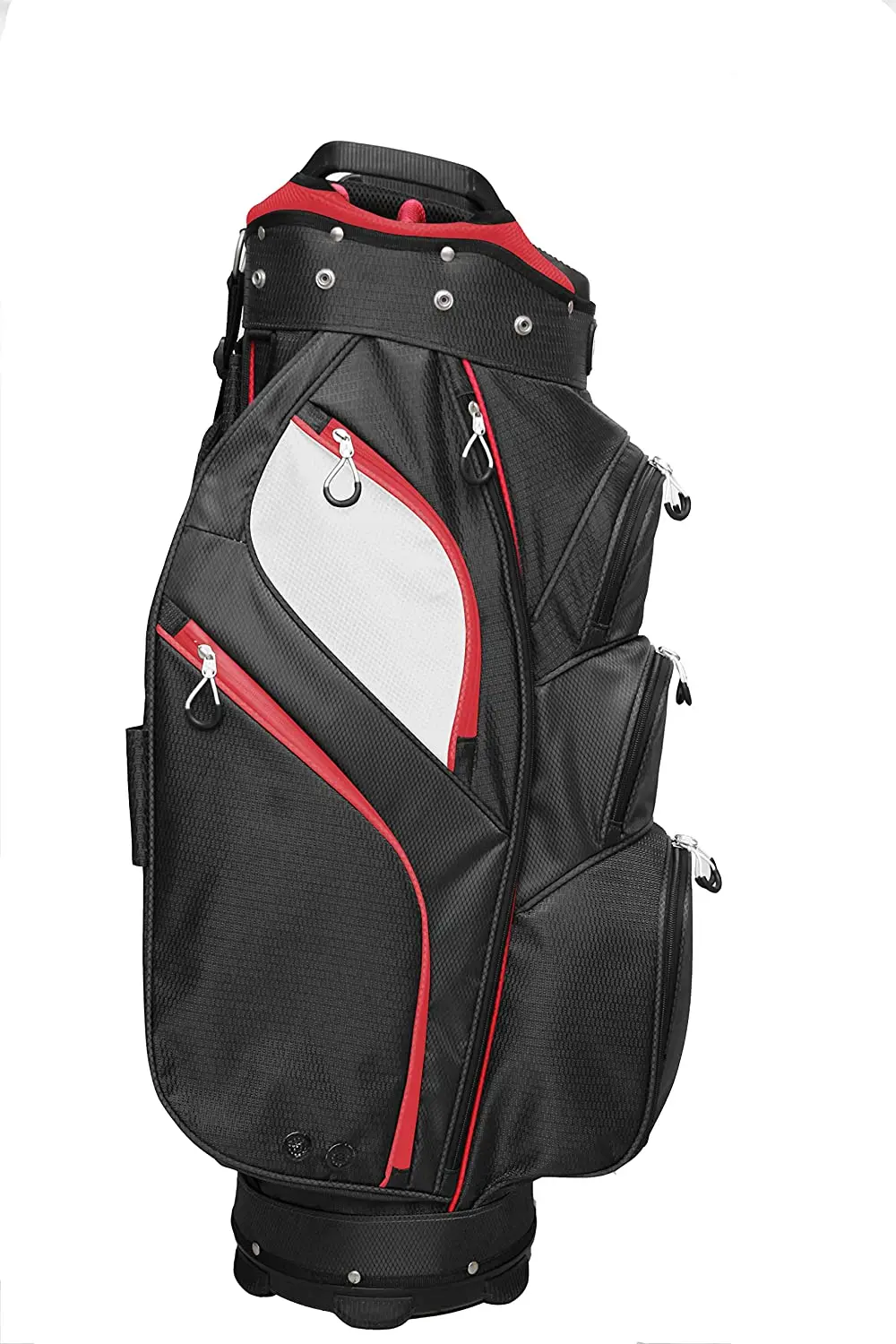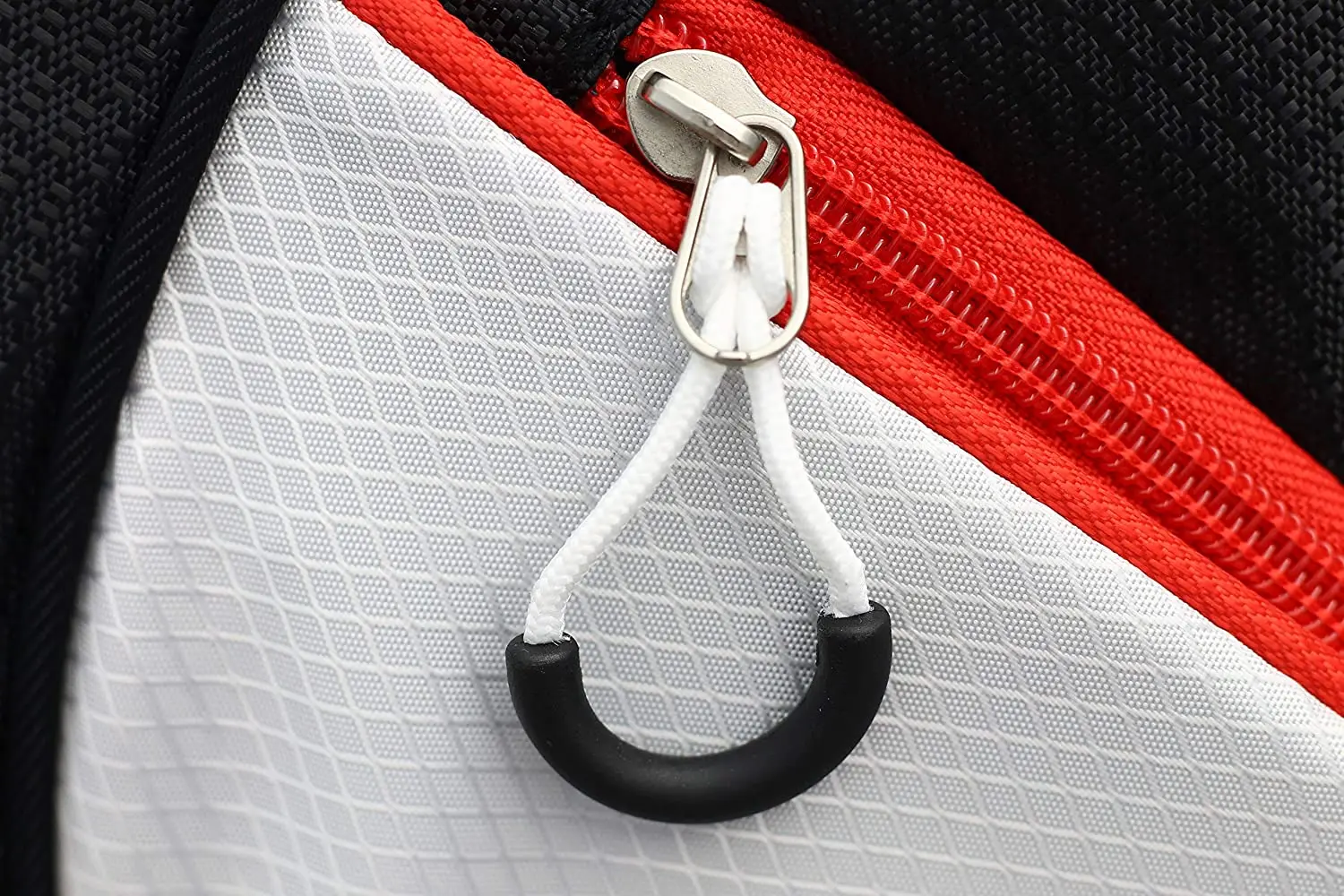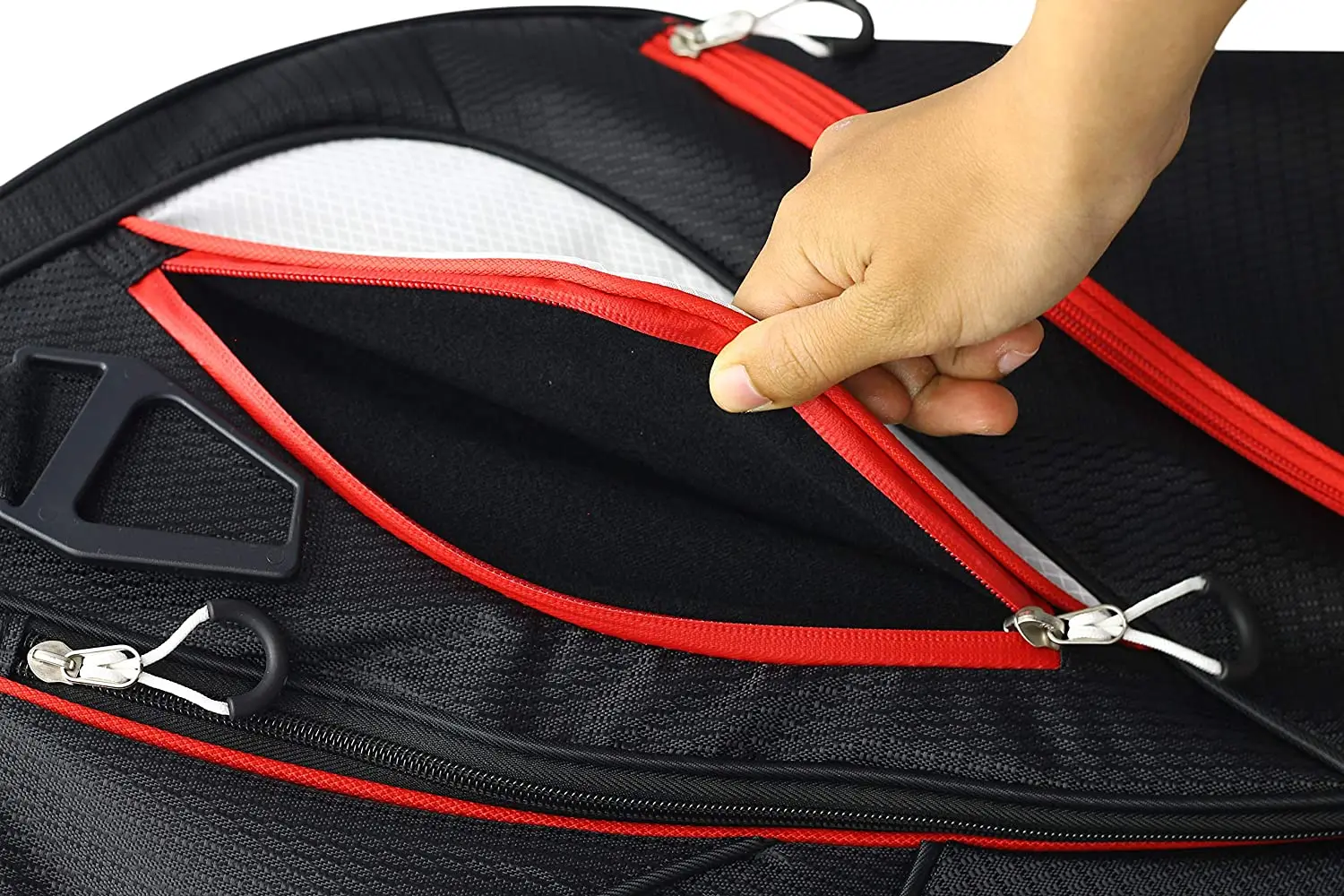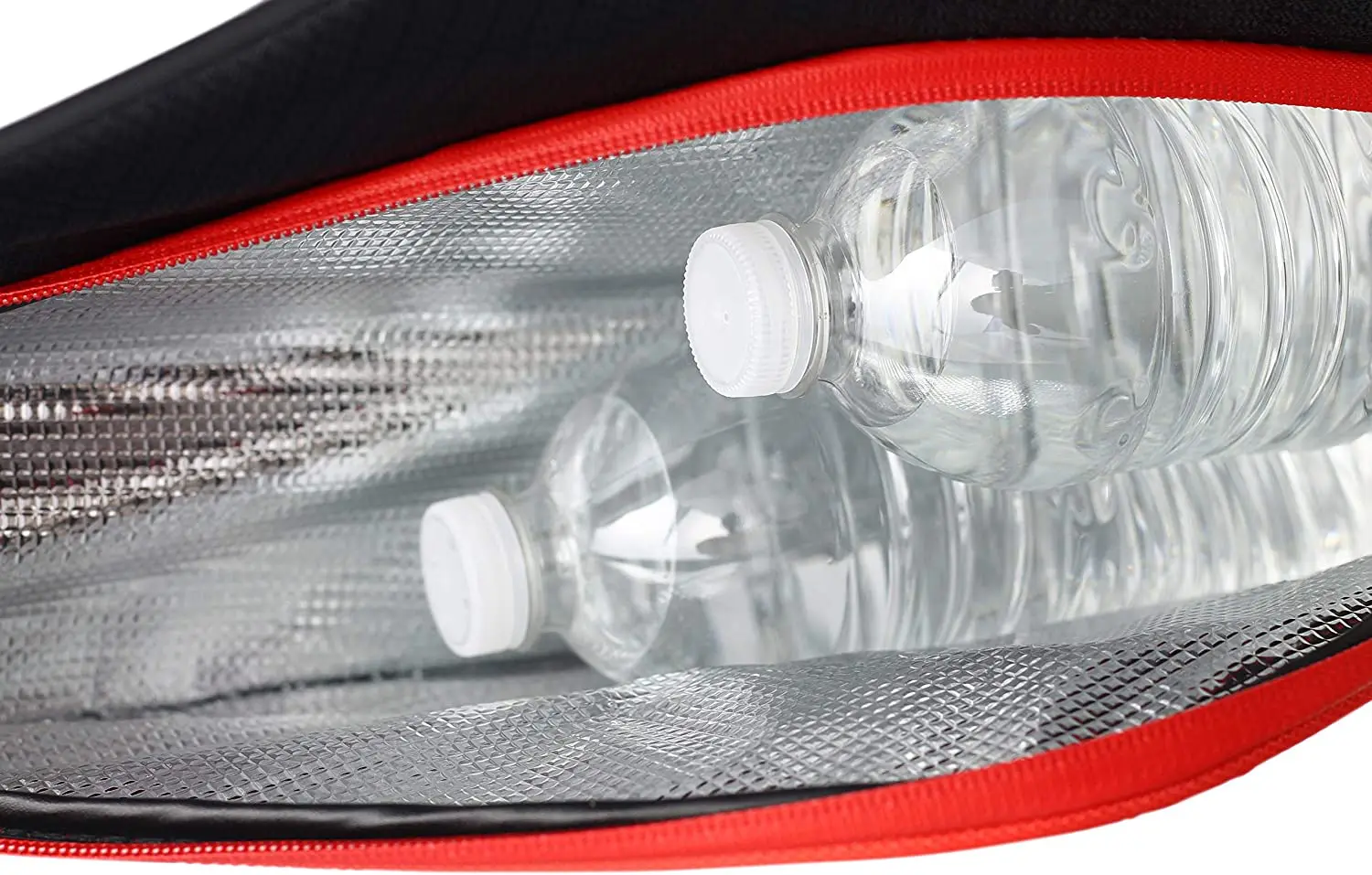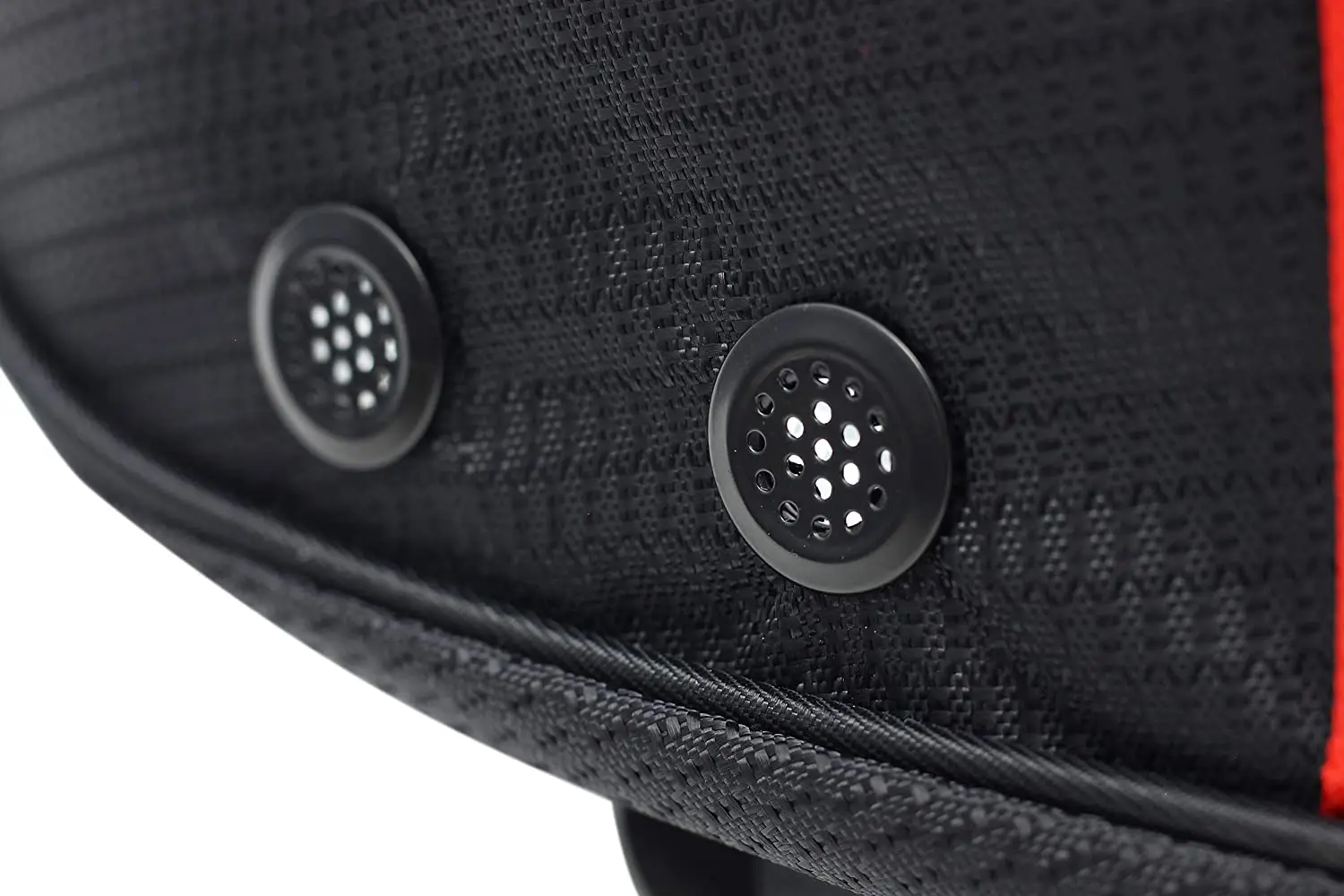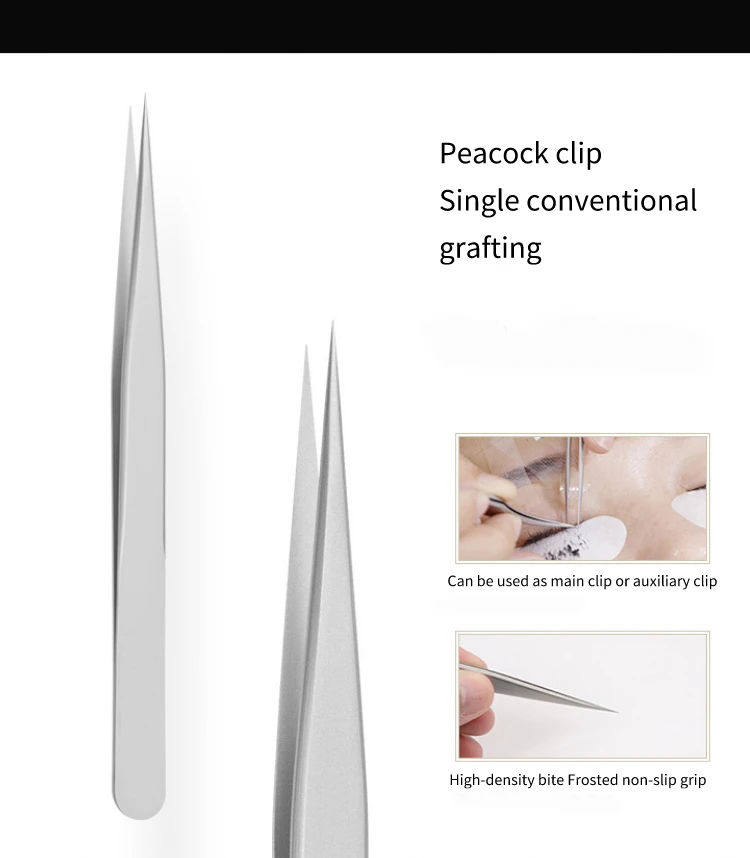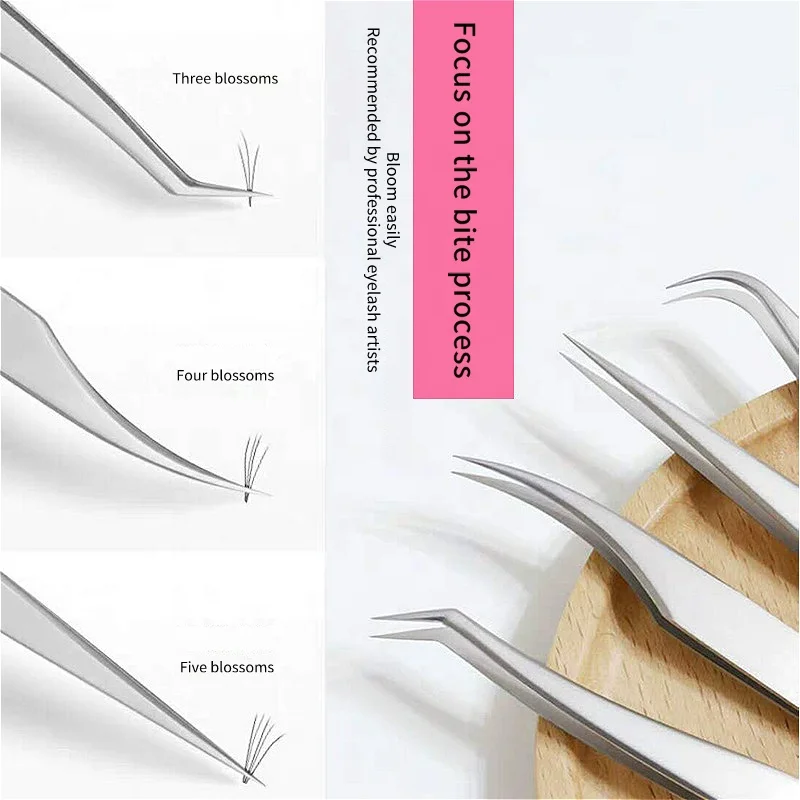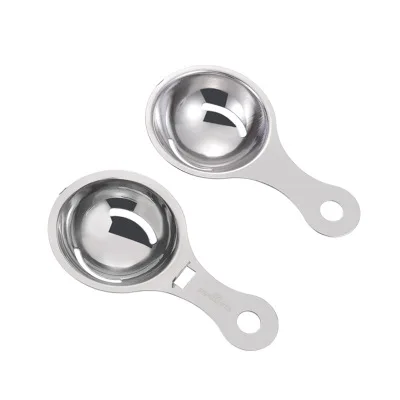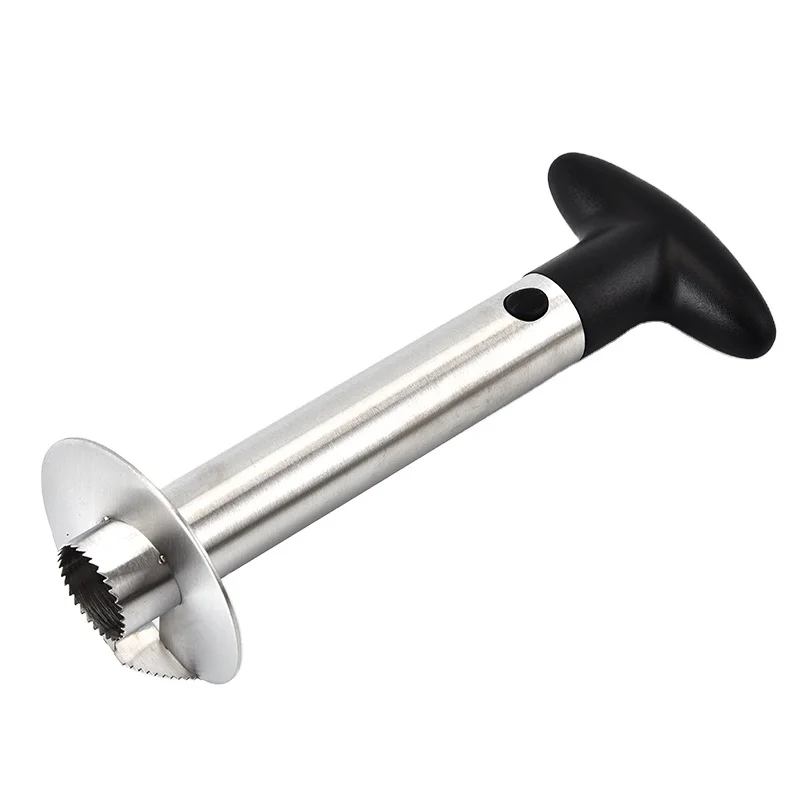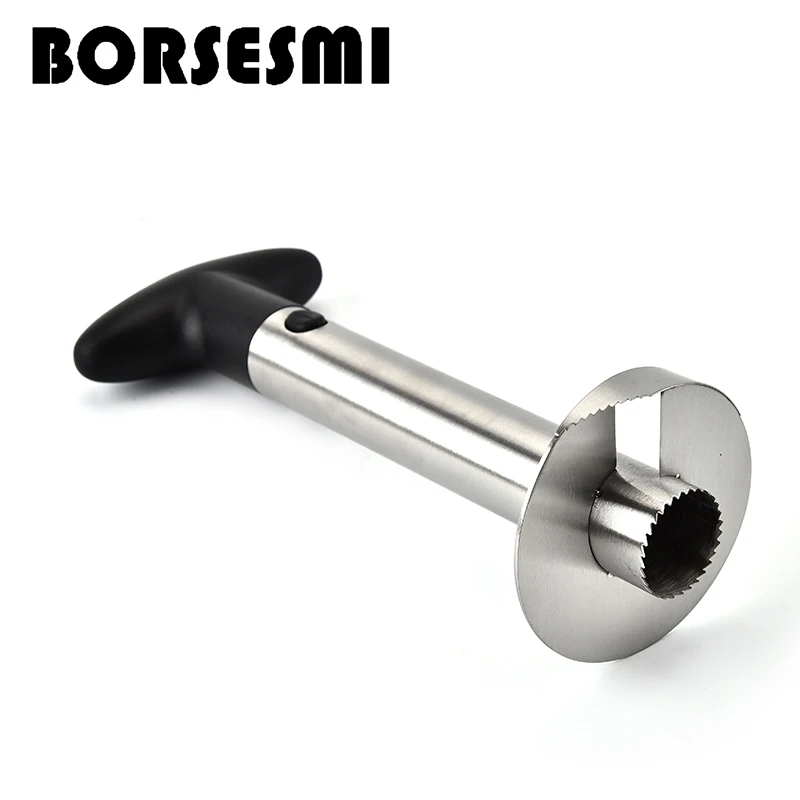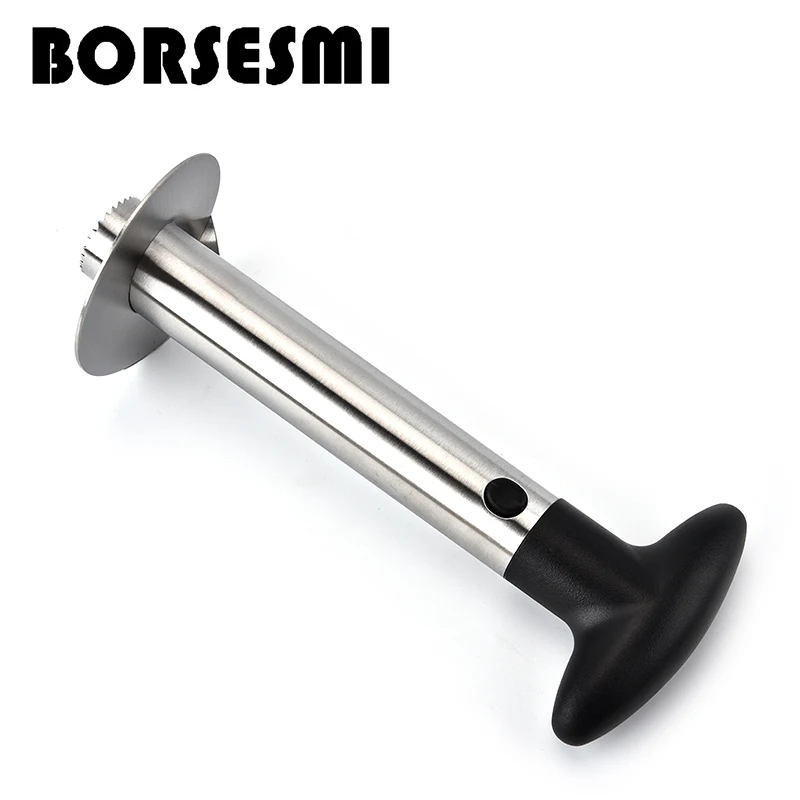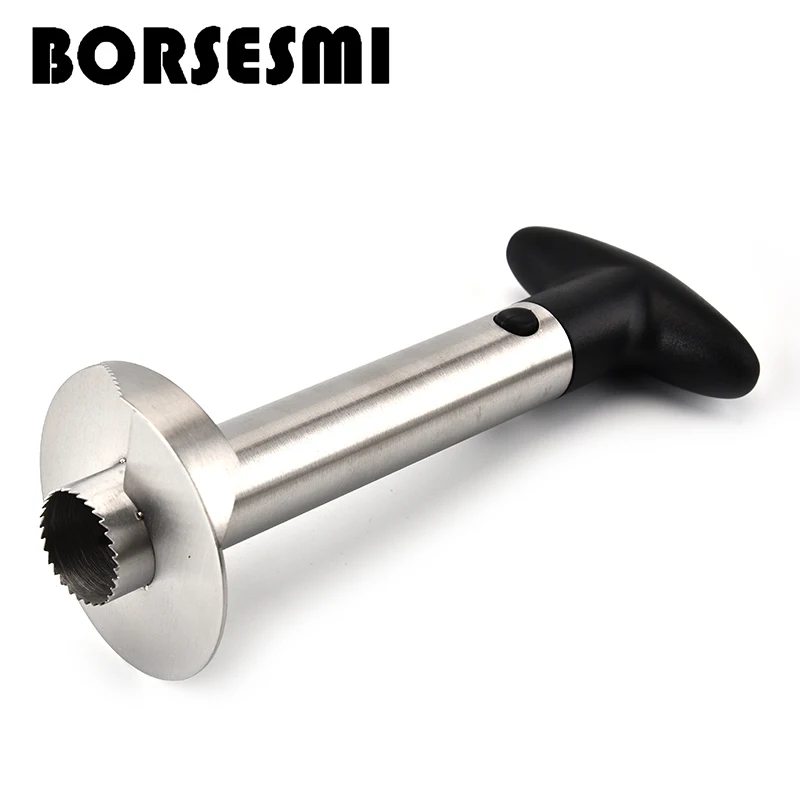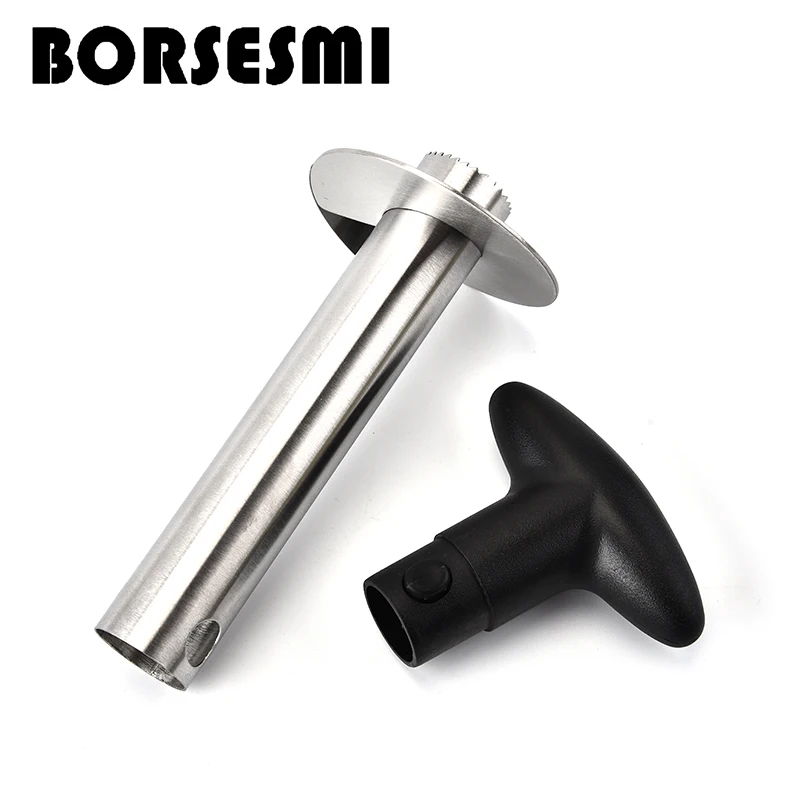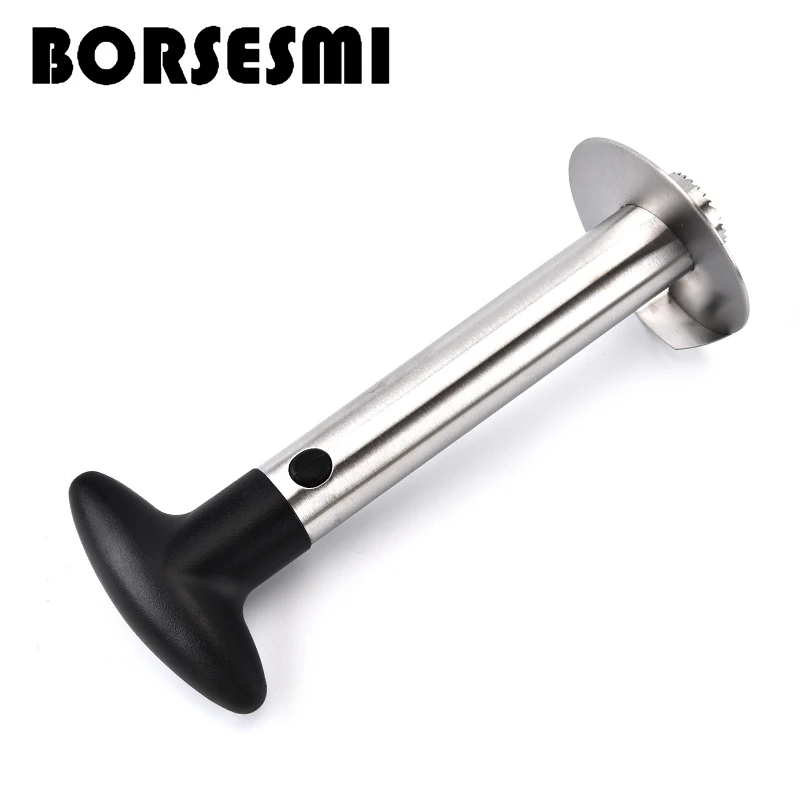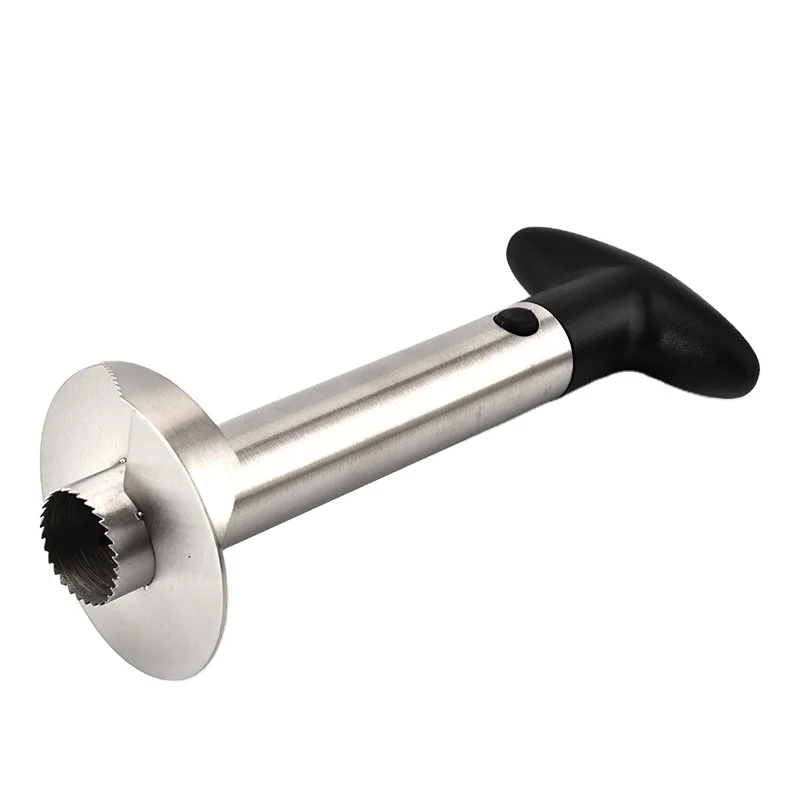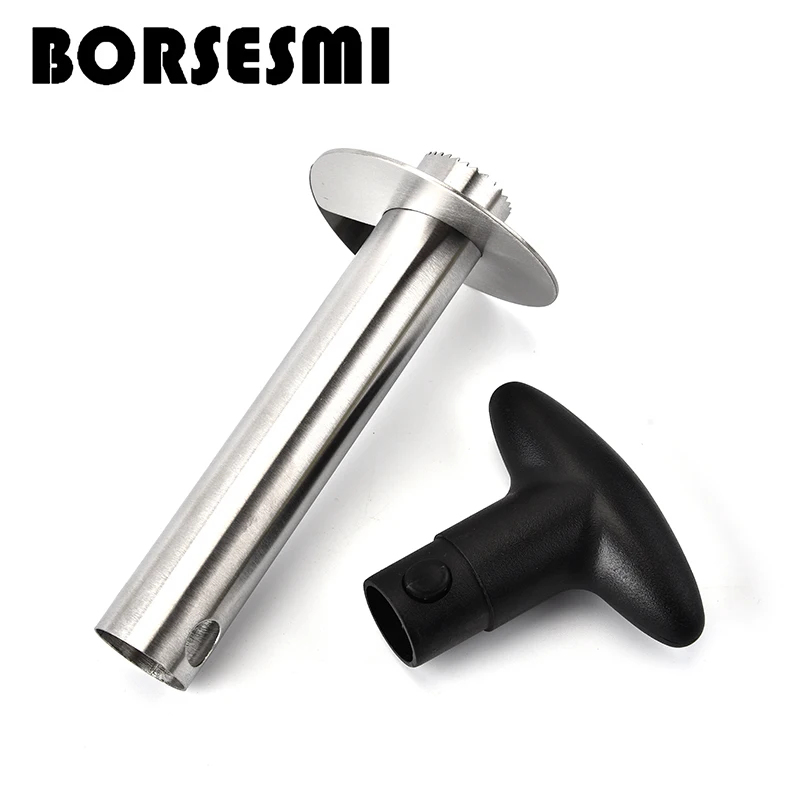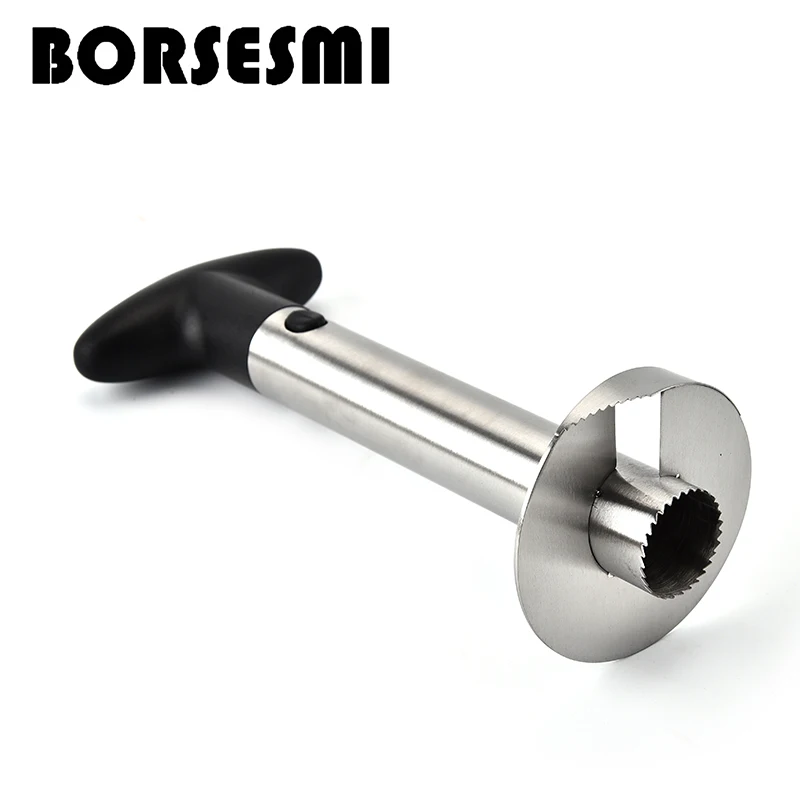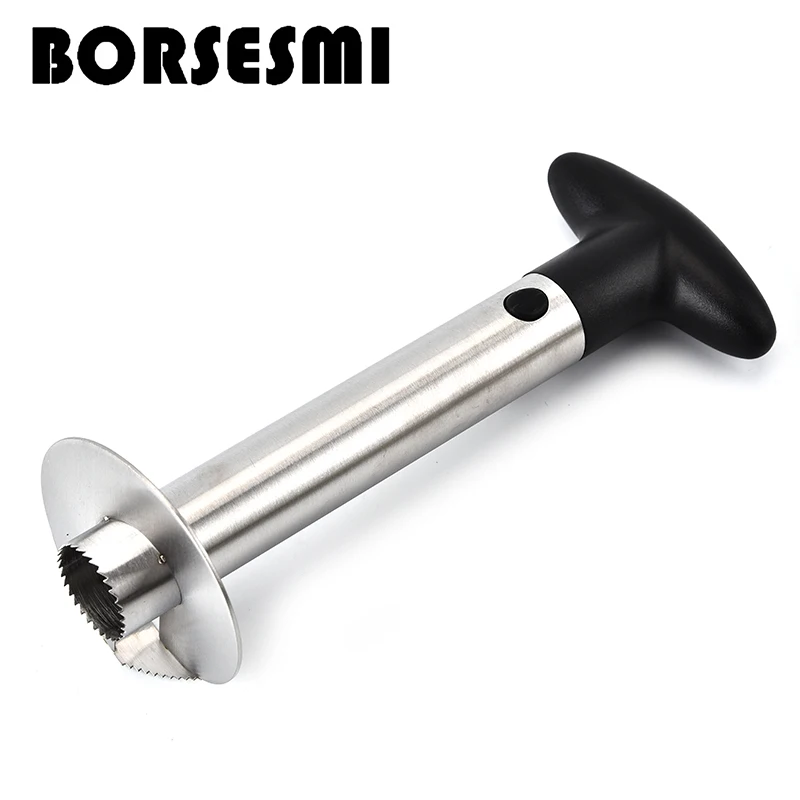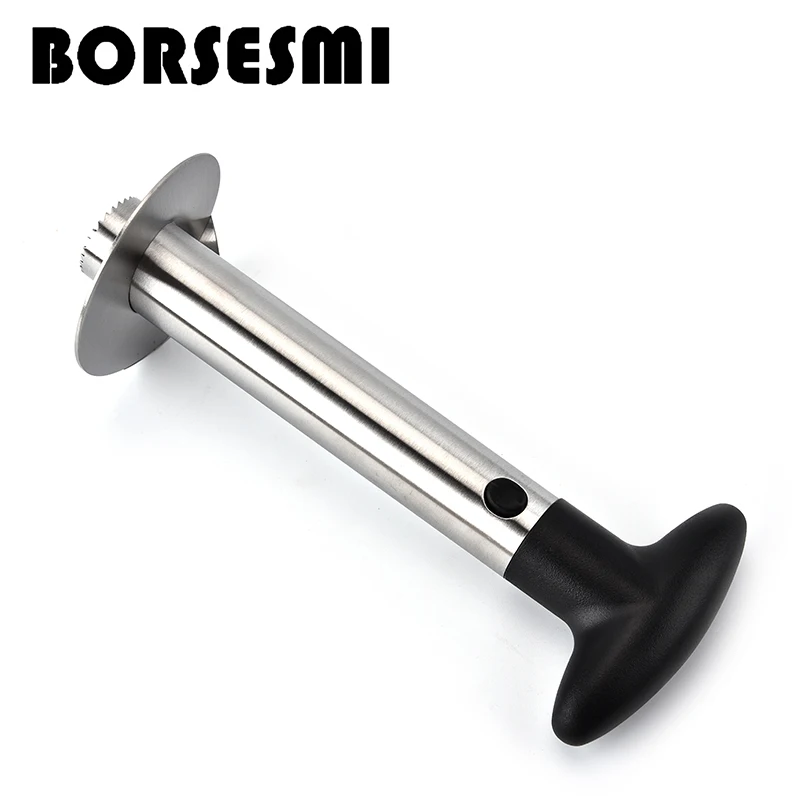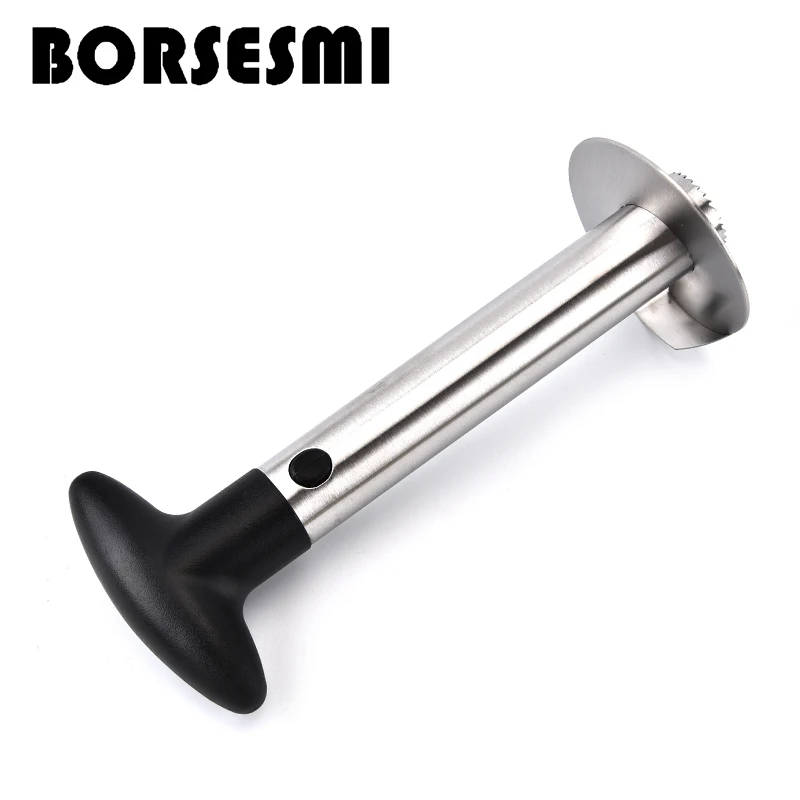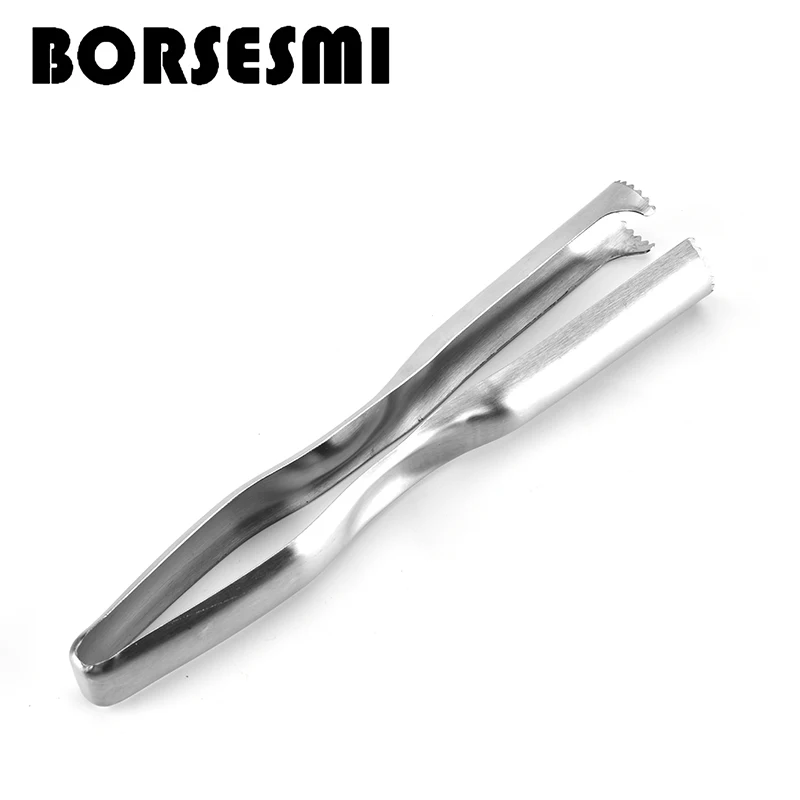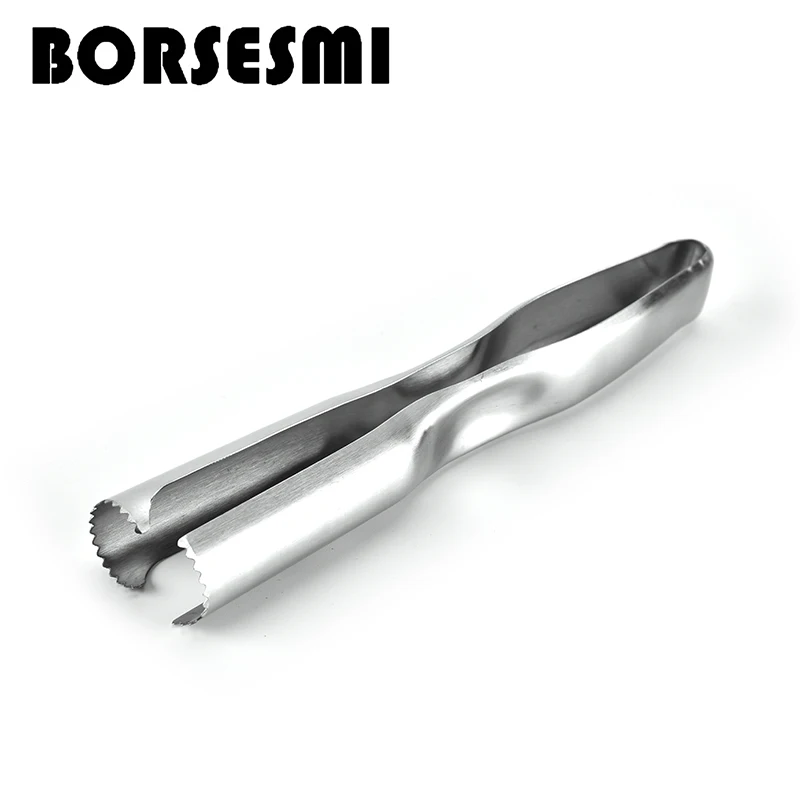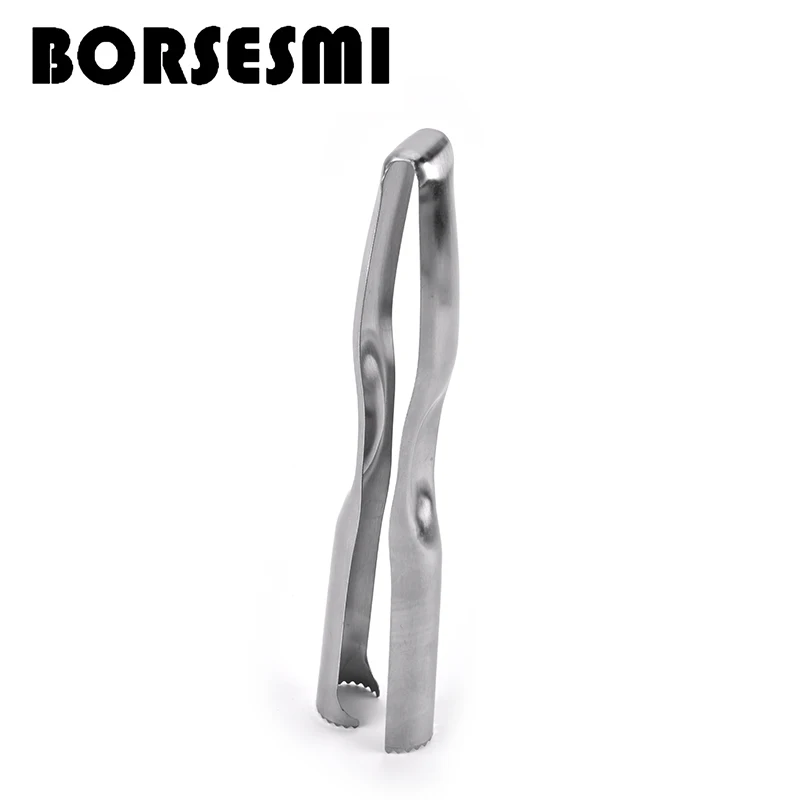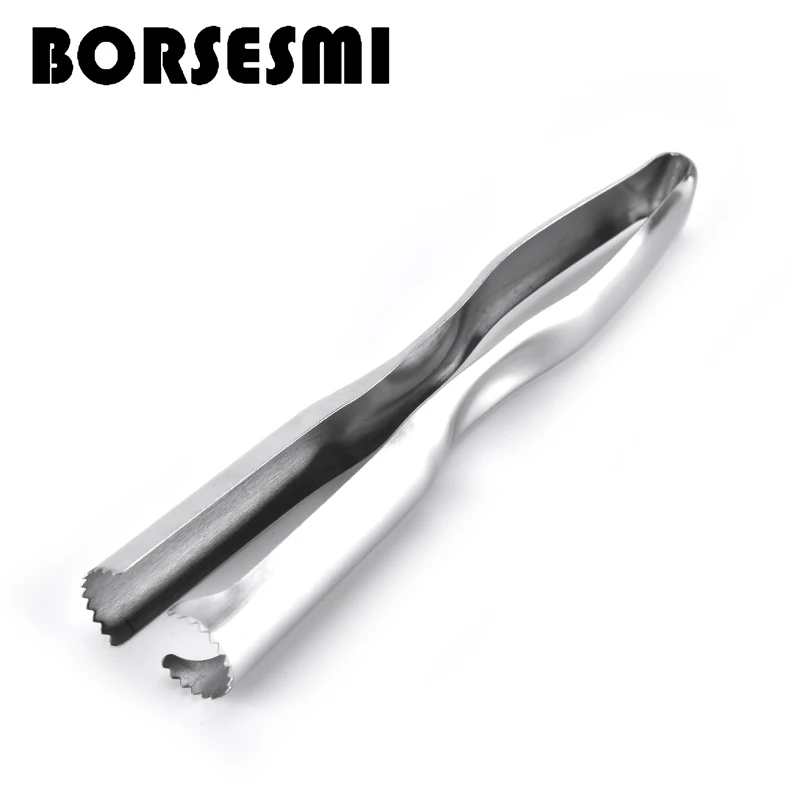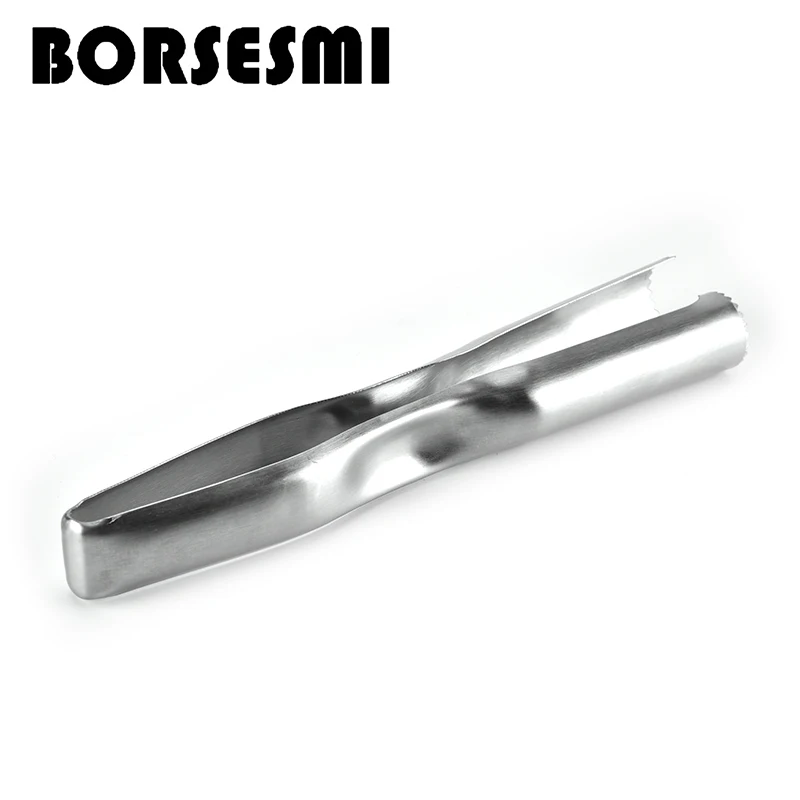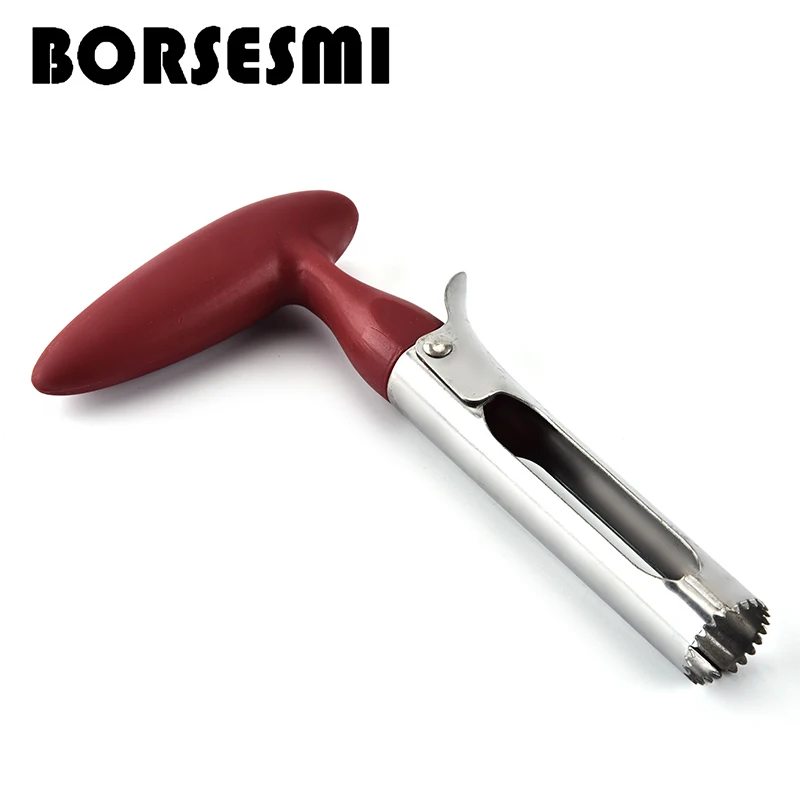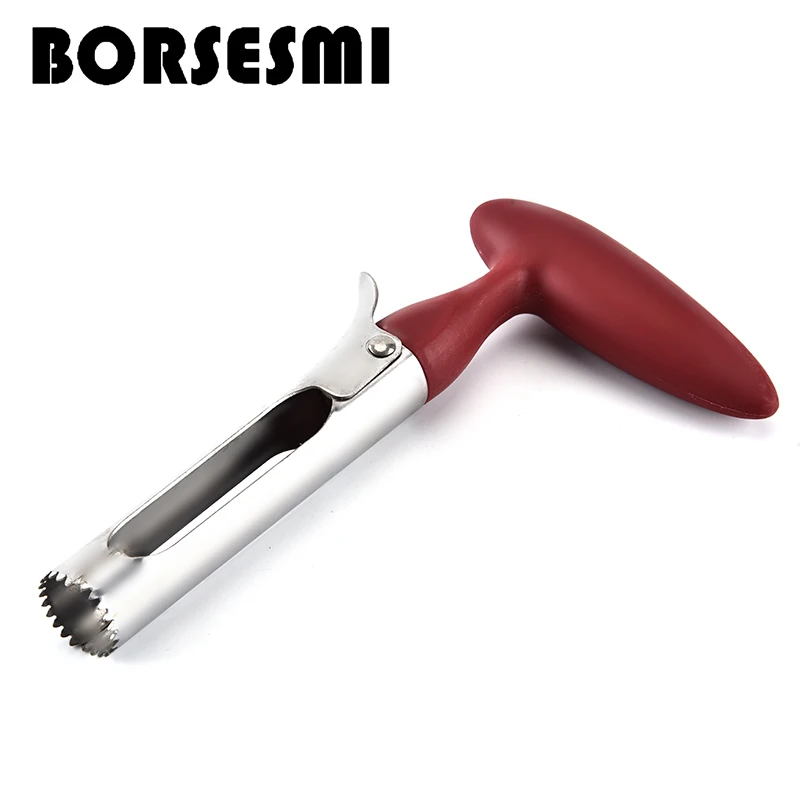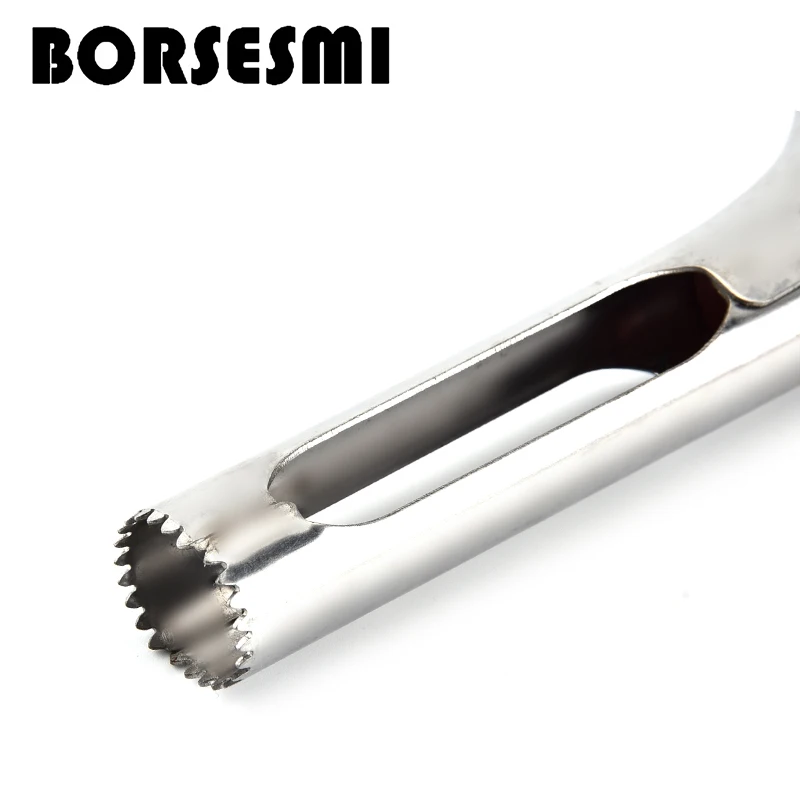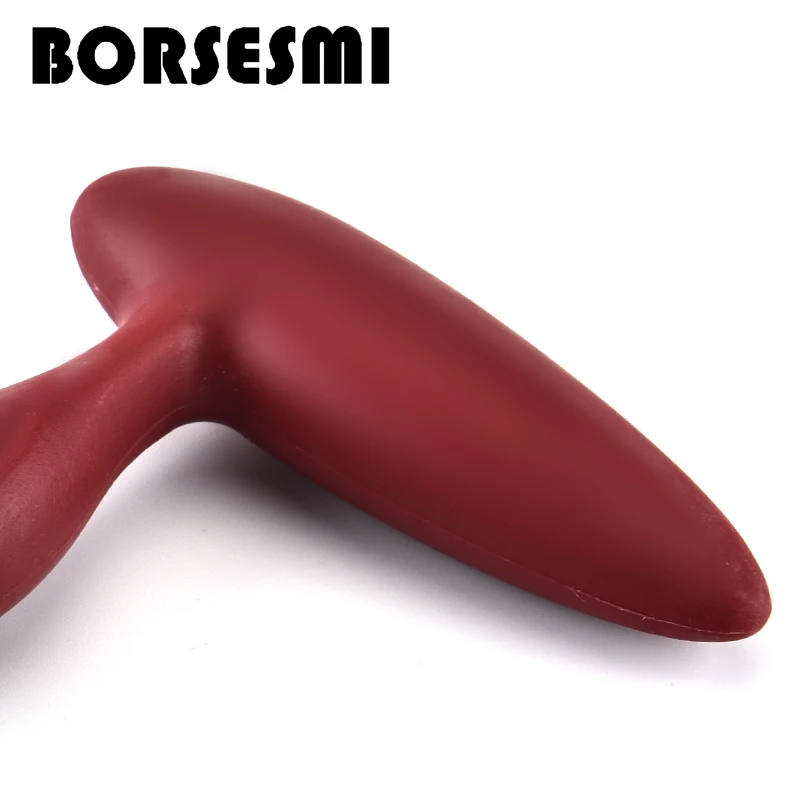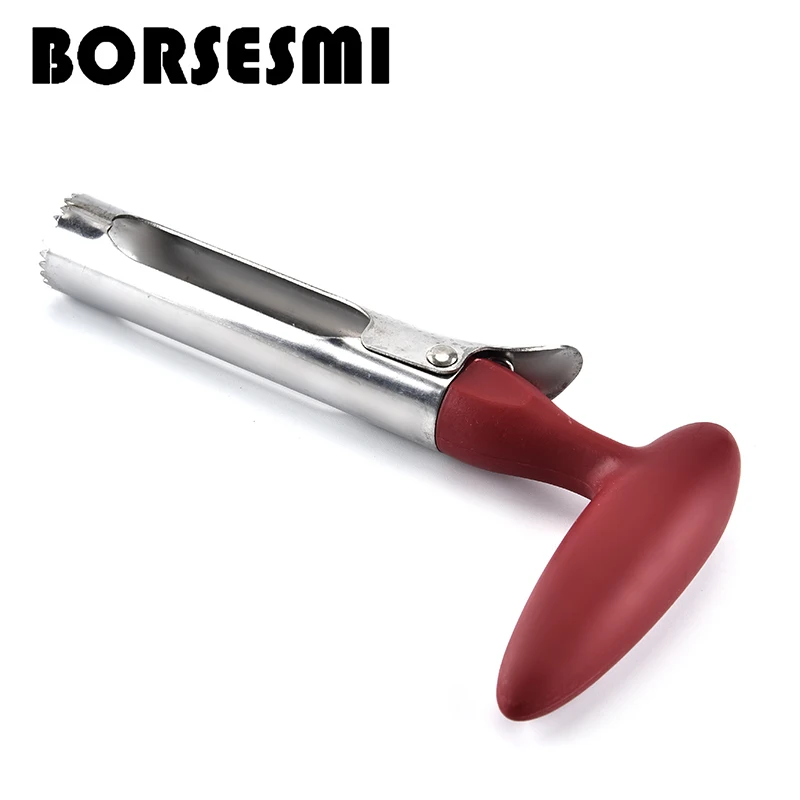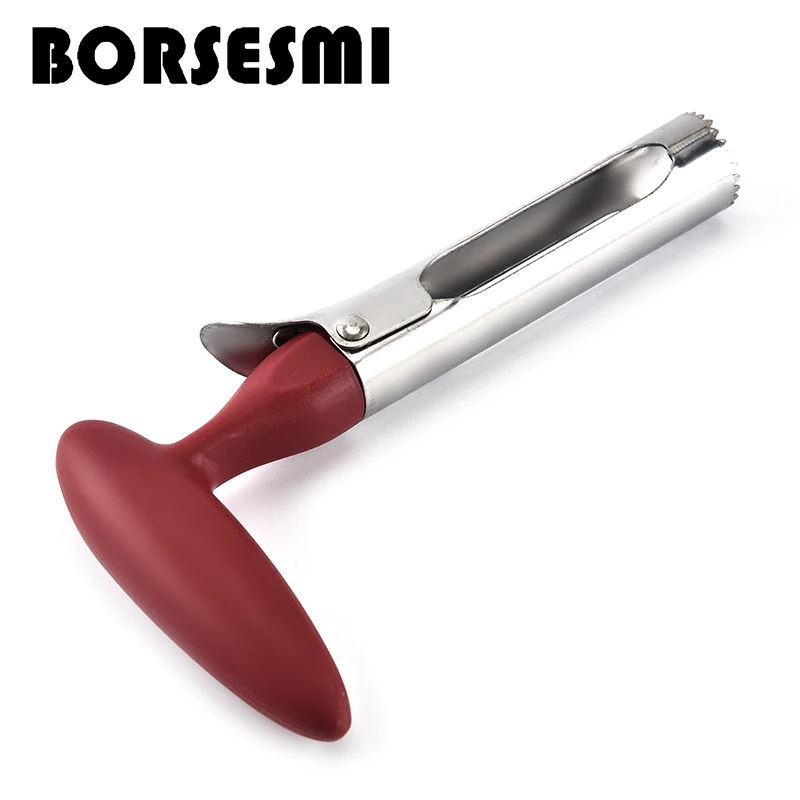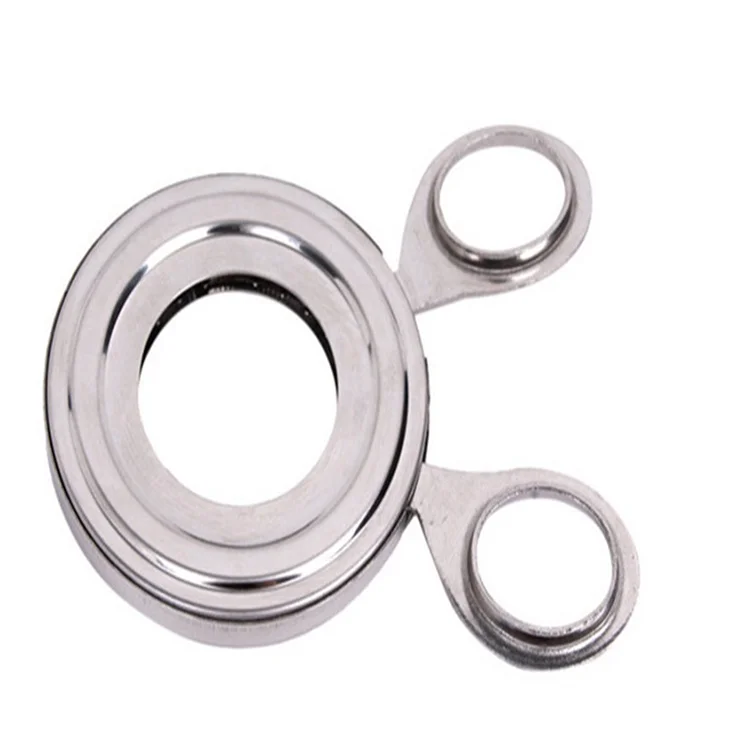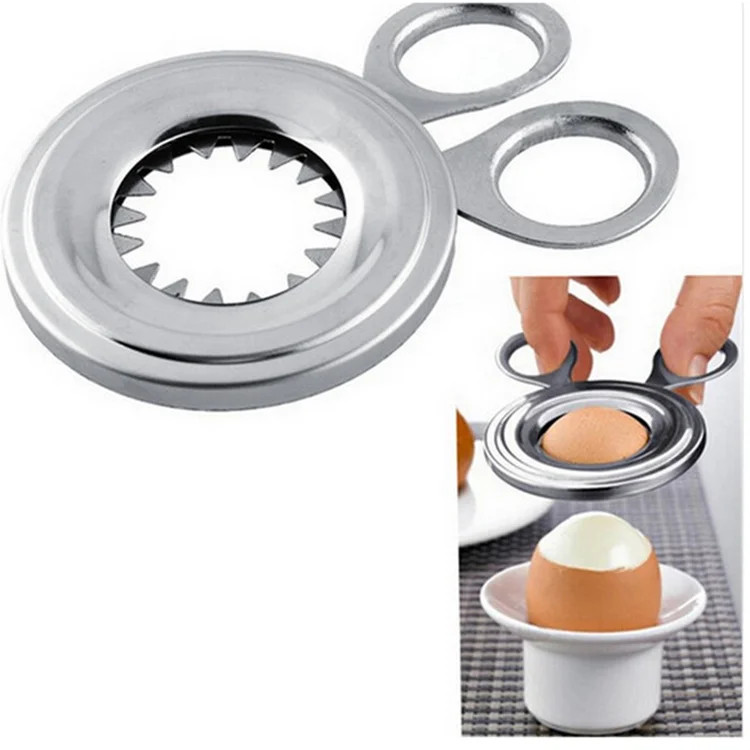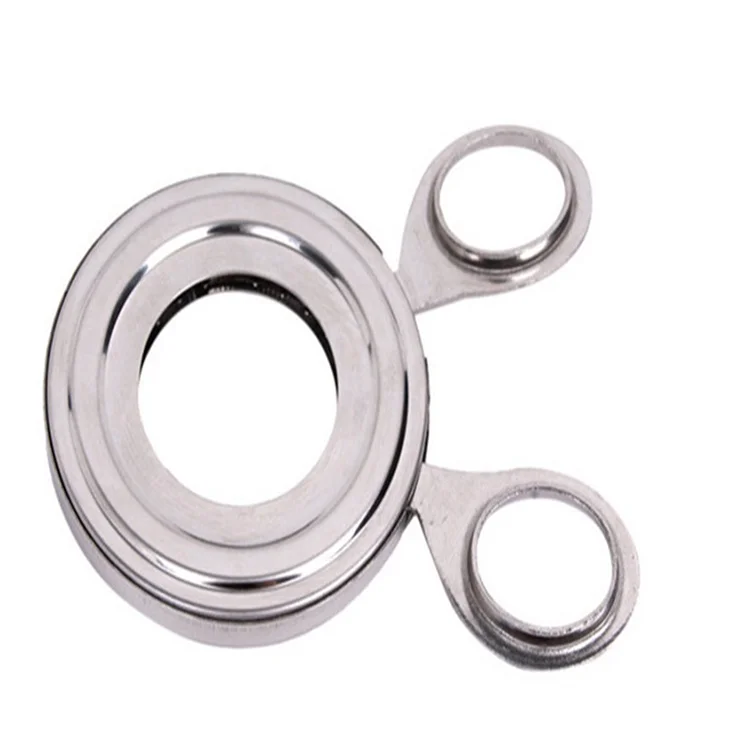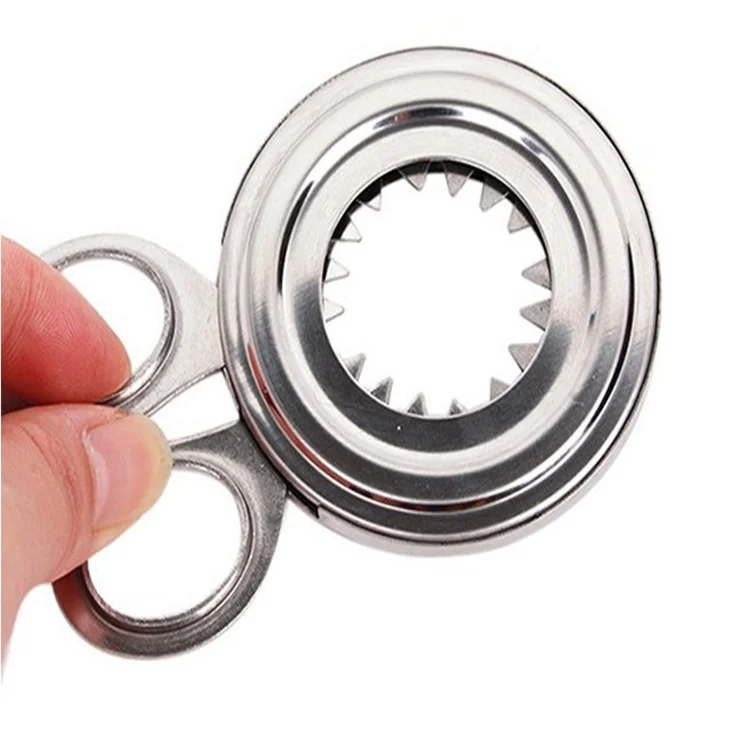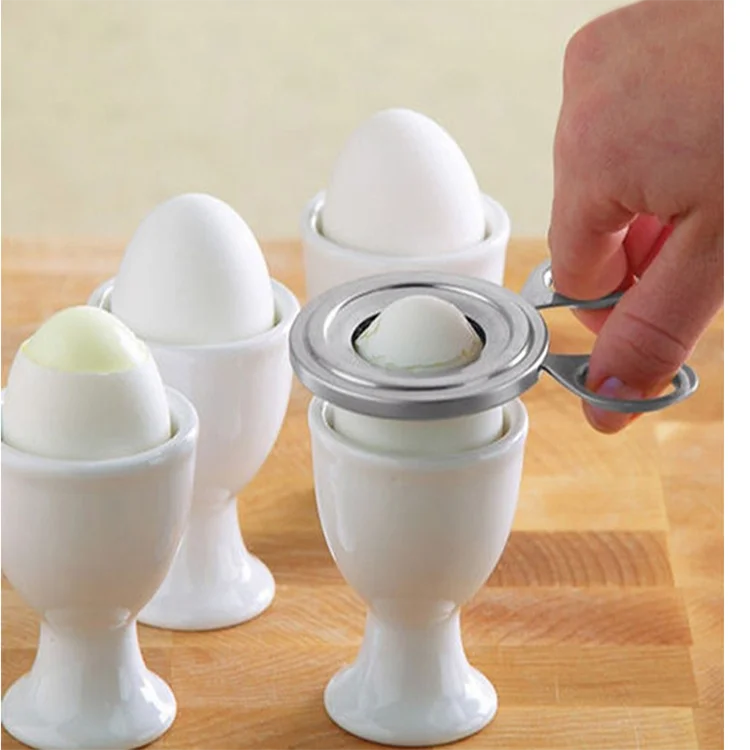Magnetic Separator: Key Insights for Buyers in 2025
Magnetic separators are essential in industries like mining, recycling, and food processing. They efficiently remove ferrous contaminants, ensuring product purity and equipment safety. This article explores their types, features, and how to choose the right one for your needs.
How to Find Reliable Magnetic Separator from China in 2025
China remains a top supplier of industrial machinery, including magnetic separators. To find reliable manufacturers:
- Check certifications like ISO 9001.
- Review customer feedback on platforms like Alibaba.
- Request samples to test performance.
- Verify after-sales support and warranty terms.
What Buyers Should Know Before Buying Magnetic Separator from China
Key considerations include:
- Material compatibility with your industry.
- Customization options for specific needs.
- Shipping and import duties.
- Supplier’s experience in exporting to your region.
Types of Magnetic Separator
Common types include:
- Overband Magnetic Separators: Ideal for conveyor belts.
- Drum Separators: Used in mining and recycling.
- Plate Magnets: Perfect for food processing.
- Grate Magnets: Remove fine contaminants.
Functions and Features of Magnetic Separator
These devices:
- Remove ferrous metals from non-magnetic materials.
- Prevent equipment damage.
- Enhance product quality.
- Operate with minimal maintenance.
Scenarios of Magnetic Separator
Used in:
- Mining: Extract iron ore.
- Recycling: Sort metals from waste.
- Food: Ensure contamination-free products.
- Pharmaceuticals: Maintain purity standards.
How to Choose Magnetic Separator
Consider:
- Material type and particle size.
- Required magnetic strength.
- Installation space.
- Budget and ROI.
Magnetic Separator Q & A
Q: What industries use magnetic separators most?
A: Mining, recycling, food, and pharmaceuticals.
Q: How often do magnetic separators need maintenance?
A: Minimal maintenance; periodic cleaning suffices.
Q: Can they handle wet materials?
A: Yes, certain models are designed for wet conditions.
Q: What’s the average lifespan?
A: 10-15 years with proper care.
Q: Are custom sizes available?
A: Yes, many suppliers offer customization.




